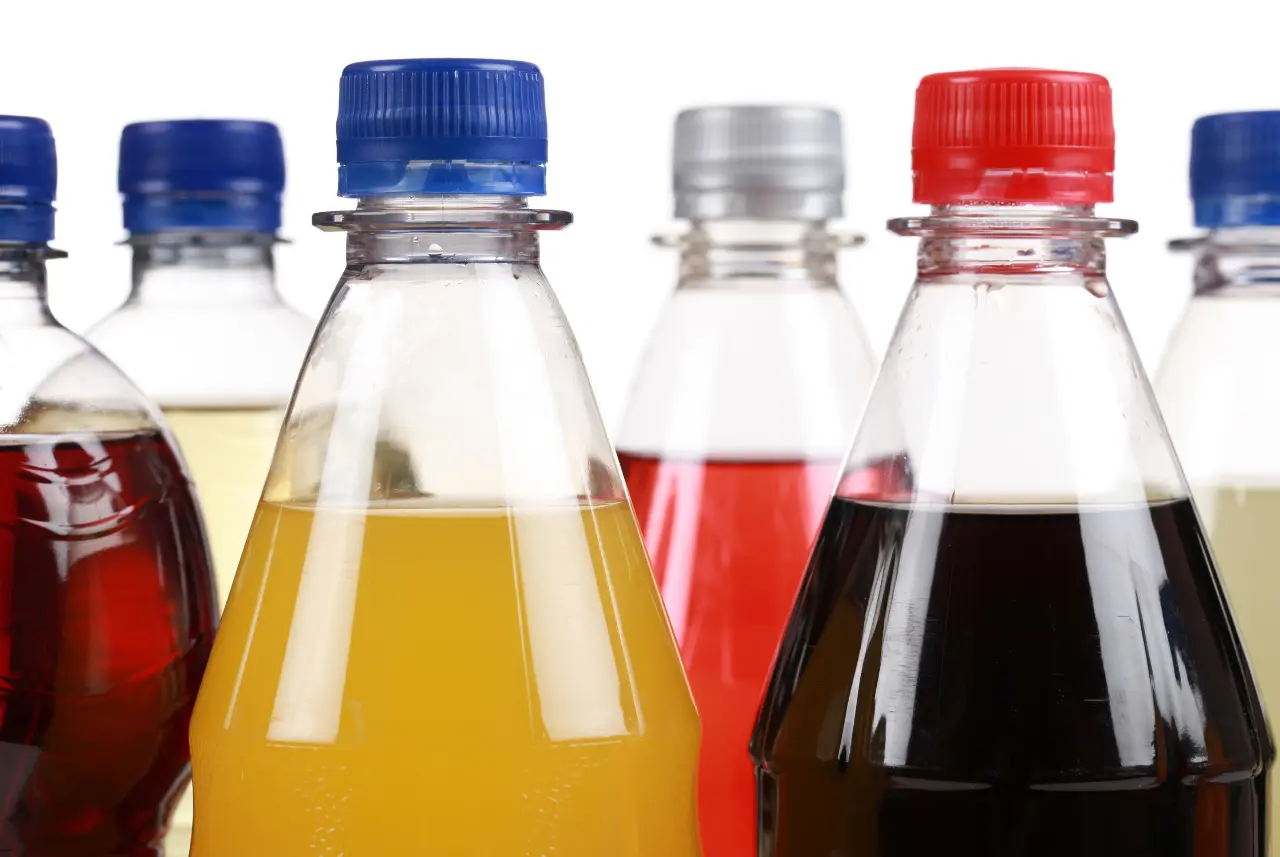
Eduardo Clark García Dobarganes, Deputy Minister for Sectoral Integration and Coordination of Medical Care, confirmed that after five weeks of negotiations between the Mexican government and the soft drink industry, beverage companies have agreed to reduce the amount of sugar in their products by 30% within one year.
Clark said that the agreement—presented last Thursday in the Chamber of Deputies—“is highly beneficial for the health of all Mexicans” and forms part of a comprehensive public policy aimed at reducing soda consumption and promoting healthier eating habits.
“We want people to make health-conscious choices toward more nutritious alternatives and to ensure that children and teenagers stop consuming sugary drinks from such a young age,” he said.
As part of the agreement, the federal government will maintain the increase to the Special Tax on Production and Services (IEPS), raising it from 1.65 to 3.8 pesos ($0.20 USD) per liter for sugary or high-calorie beverages, while the tax for light or zero-calorie drinks will be reduced to 1.50 pesos ($0.08 USD) per liter.
In turn, the beverage industry committed to redesigning its products to reduce the average sugar content across its portfolio by 30% within a year. The companies also agreed to establish visible price differences between regular and lower-sugar versions, eliminate advertising directed at children and teenagers, suspend promotion of high-volume presentations, and focus marketing efforts on light and zero-calorie options.
Clark García Dobarganes emphasized that companies must publicly disclose their commitments and progress to ensure transparency.
“These agreements are measurable,” he said. “If we see advertising targeting children or noncompliance with redesigning goals, the government will adopt stronger measures to ensure the industry’s accountability for the health of all Mexicans.”
President Claudia Sheinbaum Pardo explained that this policy “will be accompanied by a public information campaign on the effects of excessive consumption of sugary drinks and junk food,” aimed at changing habits and protect public health.
“The goal is not to raise revenue, but to encourage less consumption,” she stressed. “The problems of obesity and diabetes have increased, and we must act responsibly—in both the government and the private sector.”
The agreement is part of the national strategy to prevent chronic diseases such as obesity, diabetes, and cardiovascular conditions, which are among the leading causes of death in the country.
The deputy minister concluded by noting that such measures require “willpower and cooperation” between the government, industry, and society, and acknowledged that the progress in regulating sugary beverages “marks a historic step toward a healthier consumption model in Mexico.”